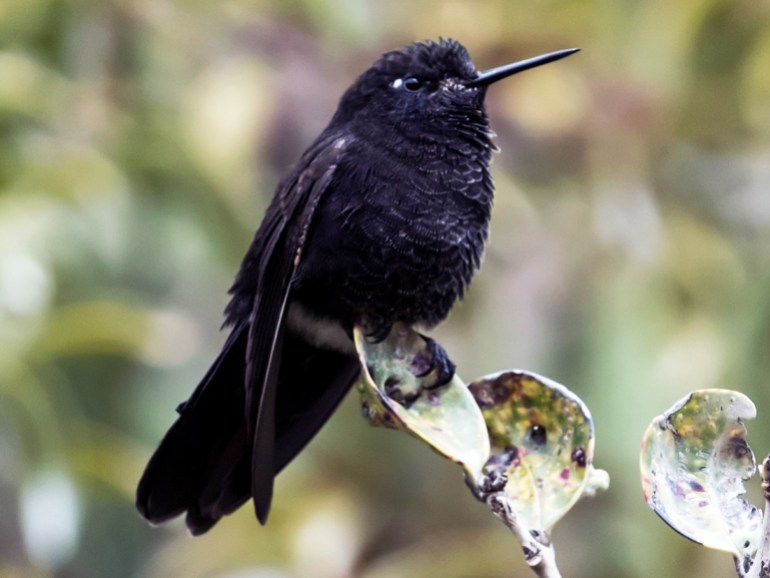A team of researchers from the United States and South Africa discovered that several species of hummingbirds, which live in the Andes mountains, significantly reduce their body temperatures during their night hibernation.
In their paper, published September 9 in the journal Biology Letters, the group describes their study of thermoregulation in mountain hummingbirds, and what they learned about them. A report on the study was published on the Phys.org website.
Two types of hibernation
Previous research has shown that some animals, such as bears, go into a period of "hibernation", as this allows them to survive cold temperatures without consuming huge amounts of calories to keep warm.
Previous research has also shown that some other animals go into a cyclic state known as "torpor", in which their metabolism slows dramatically to allow them to conserve energy during periods of drought or cold.
In this new effort, the researchers sought to learn more about the many species of hummingbirds that live in the Andes mountains in South America, an area that can get very cold on summer nights, in this case, the researchers looked at species that live at altitudes of up to 3,800. Meters above sea level.
Some animals, such as bears, go into hibernation (Yathin S. Krishnapa - Wikipedia)
Thermoregulation during the night
To learn more about thermoregulation, researchers captured 26 birds of 6 different species, placed them in cages equipped with equipment to monitor their body temperatures, and kept them there overnight.
To see how things are doing in the birds, the air temperatures at night under study have dropped to 2.4 ° C.
The researchers noted that 24 birds went into hibernation, including at least one bird of each species, and they also found that the lowest body temperatures recorded for birds vary between species and individuals, and the duration of hibernation also varied from 5 to 10 hours.
The black metal-tailed hummingbird lowers its body temperature to a few degrees above freezing during hibernation at night (e-bird)
The longer the birds remain in hibernation, the researchers noted, the less loss of body mass will be, as birds feed on stored fat to keep warm enough to survive.
The researchers also found that one of the birds, the black metal-tailed bird, lowered its body temperature to just a few degrees above freezing, to 3.3 degrees Celsius, which is a record drop in the body temperature of any mammal while not hibernating in winter.

